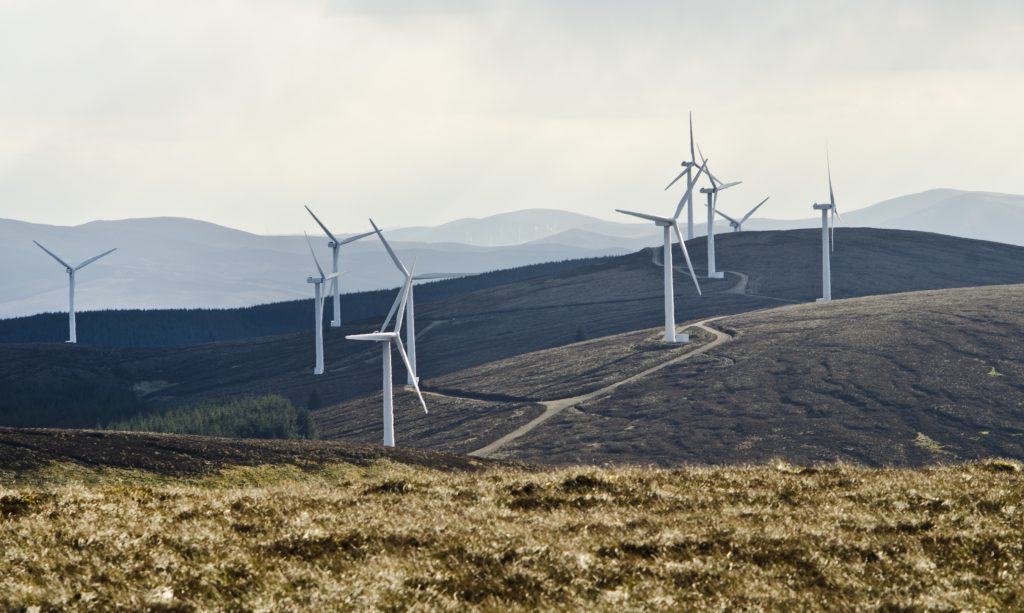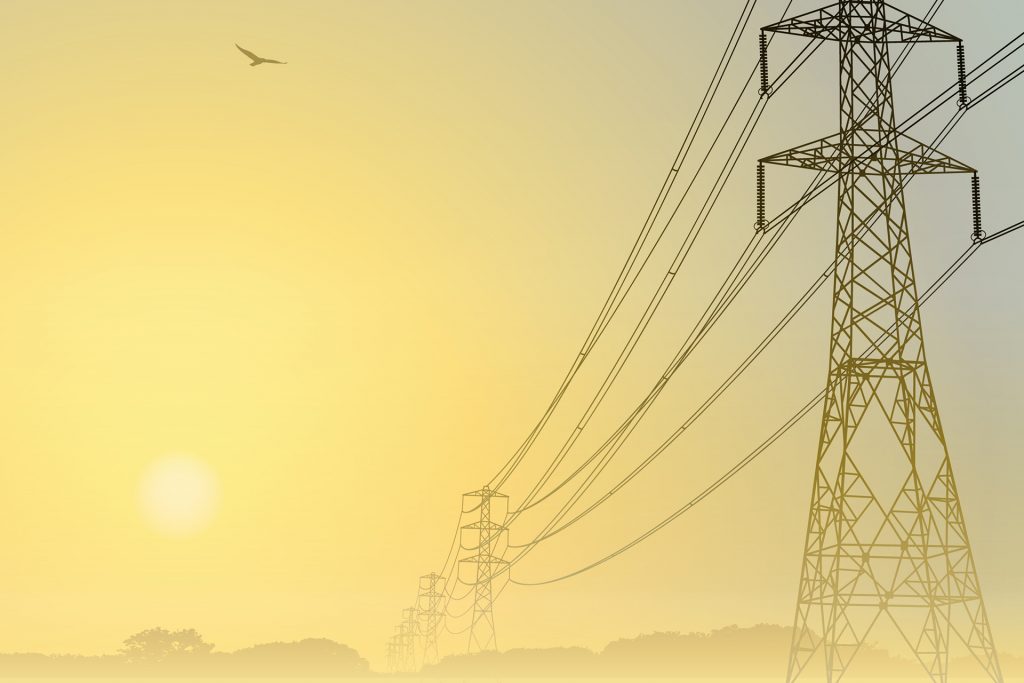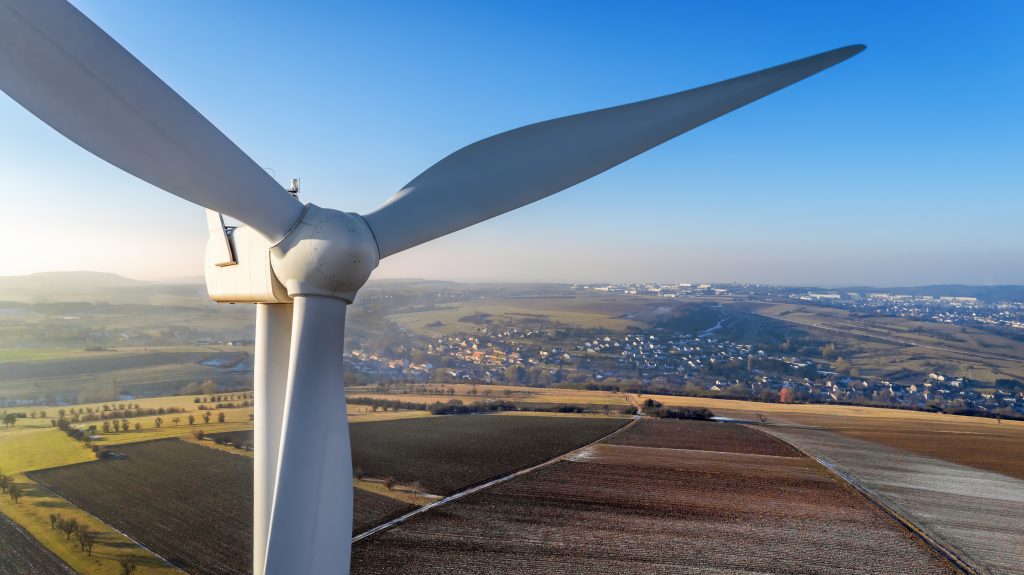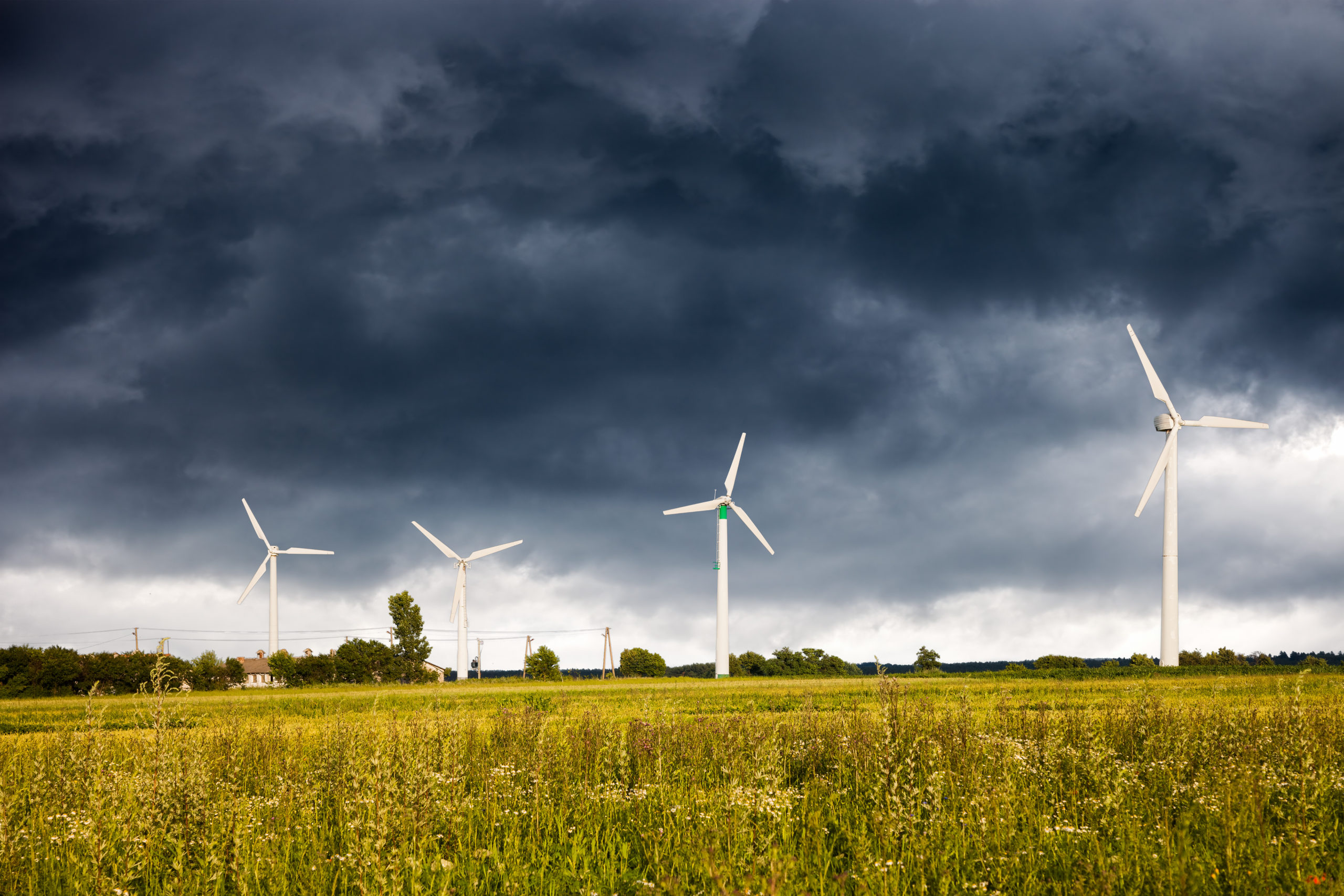Headlines

by Dr Iain Staffell – Imperial College London
The last decade has seen unprecedented changes in the power system, so we dedicate this issue of Electric Insights to looking at ‘the ten years of transition’.
2019 was as a dramatic year for Britain’s power system. It faced the most serious blackout for a decade, saw offshore wind become cheaper than wholesale power, and renewables produce more output than fossil fuels for much of the year. Despite fears that low-carbon generation had stalled in 2019, we reveal that carbon emissions fell once again, by a staggering 14% on the previous year.
2019 also marked a major turning point for energy and the environment. Climate change has grabbed mainstream attention as fires raged across Australia and the Amazon. Glasgow was selected to host the COP26 intergovernmental climate conference this coming November, putting the UK front and centre of the global energy transition. Now is a critical time to show environmental leadership.
Thankfully, Britain’s power sector is rapidly moving in the right direction. Our first article looks back over the last ten years of transition. In 2019, the average carbon intensity of Britain’s electricity fell below 200 g/kWh for the first time ever, ending the decade 60% lower than at the start. Renewables continued to grow and coal retreated to less than 2% of supply. However, Britain’s weather is also moving into new territory, with heat waves becoming ever-more common, pushing up peak summer temperatures by 5 degrees Celsius.
We then look back over the past century of electricity generation to put this decade into context. Britain’s power system is being transformed at never-before-seen speed. Next, we turn to the decade ahead of us, looking at what predictions we can make about the 2020s with some confidence, and what things are just impossible to forecast.
Article 5 looks at which elements of last decade’s transition contributed the most to decarbonisation, and how they impacted on power prices. New analysis shows how coal phase-out, the growth of renewables and increasing carbon prices have impacted the environment and the economy.
Finally, we begin a series of primers in the run up to COP26 which take a broader view on how Britain’s clean electricity can contribute to decarbonising other sectors of the economy. This quarter, we look at the options for tackling heat production, and a new milestone for clean electric heating.
This issue concludes with the capacity and production statistics for Quarter 4 of 2019, and a review of the British power system records.
How Britain’s electricity generation has changed over the past 100 years:







